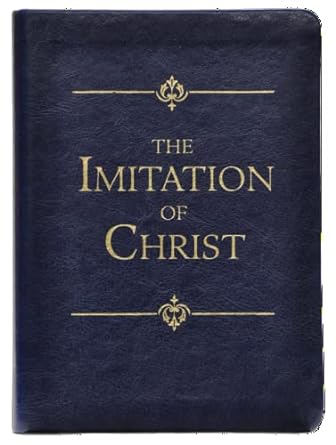
Ancient Anglican
A Modern Perspective on Early Christian Thought.
New on the Blog
Romans 2:12-3:31, pt.1
The Jewish teacher Paul is arguing against presumably believes himself to be a good and faithful follower of Jesus and simply wants the other members of the congregation (and particularly the Gentiles) to obey the rules laid down in Scripture (as the teacher interprets and applies them).
Romans 1:18-2:29, pt.2
The heart of Paul’s argument in this passage is contained in the word “Therefore” in Romans 2:1. Paul’s argument is not about Gentile idolatry, but about holier-than-thou judgments by pious Jewish Christians who seek to set themselves apart.
Romans 1:18-2:29, pt.1
Within the readings this week, Paul tells us that all people can know God through natural revelation and people can know what God requires through the natural law.
Romans 1:1-17, pt.2
Under the New Persepctive, the question Paul answers is not “What must I do to be saved?” but “How do the life, death, and resurrection of Jesus fit into God’s continuing faithfulness to the promises he made to Abraham to bless all people and all creation through his seed (Gen 12:3)?”
Romans 1:1-17, pt.1
When we look at the audience and purpose of Paul’s letter, there are three main points to keep in mind: (1) the gospel breaks down all walls, (2) the tension between Jews and Gentiles, and (3) Paul’s future missionary work.
Romans – An Introduction
All of Paul’s other letters are sent to individuals or to churches that he founded and are addressed to the specific needs of that congregation. Paul, however, hasn’t been to Rome, and therefore, this letter serves as an introduction to his teaching.
Imitation of Christ – Book 4, Ch.16-18, pt.2
Beware of curious and vain examination of this most profound Sacrament. . . . Faith is required of you, and a sincere life, not a lofty intellect nor a delving into the mysteries of God. If you neither know nor understand things beneath you, how can you comprehend what is above you?
Imitation of Christ – Book 4, Ch.16-18, pt.1
Dearly beloved, on Tuesday, it is purposed, through God’s assistance, to administer to all such as shall be religiously and devoutly disposed the most comfortable Sacrament of the Body and Blood of Christ; to be by them received in remembrance of his meritorious Cross and Passion; whereby alone we obtain remission of our sins, and are make partakers of the Kingdom of heaven. . . .
Imitation of Christ – Book 4, Ch.12-15, pt.2
Let us be like Joseph, always increasing in virtue, and taking hold of that which is truly good. And let us also take the Body of Jesus, through Holy Communion, and place It in a tomb hewn out of a rock, that is, place It within a soul which always remembers God and does not forget Him. – Theophylact of Ohrid (c.1050-c.1107)
Imitation of Christ – Book 4, Ch.12-15, pt.1
For the early church, the Eucharist was not simply a wedding feast but the very manifestation of the physical union between Christ and his Bride or between Christ and the individual’s soul. St. Ambrose writes: “When the body of Christ is placed on the lips of the believer, it is truly a kiss given by Christ to the soul, the expression of the union of love between the believer and his Lord.”
Imitation of Christ – Book 4, Ch.8-11, pt.2
Enter into the story of the Road to Emmaus. Read the passage slowly, reverentially, and expectantly allowing yourself to live into the story itself. Reflect on the part of the story that resonates with you, particularly its conclusion that the Risen Jesus is known in the breaking of the bread.
Imitation of Christ – Book 4, Ch.8-11, pt.1
The theme of these next meditations is the mutual offerings we experience in the Eucharist. Within this mystery Christ fully offers himself on our behalf; so also does he now call us to likewise fully offer ourselves to him.


